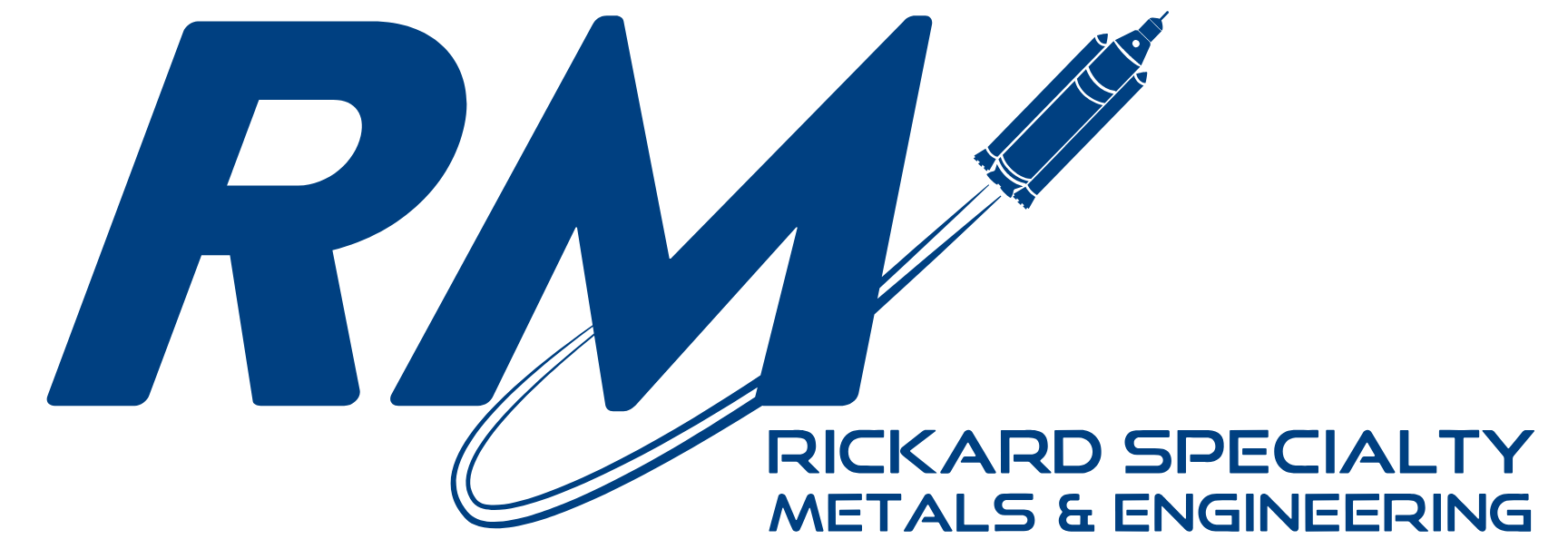- Ni 99 min
- Fe .4 max
- Cu .25 max
- C .15 max
- Mn .35 max
- S .01 max
- Si .35 max
Nickel 200
Nickel 200 (also known as UNS N02200) is a commercially pure wrought nickel (99.6%) with impressive mechanical properties and excellent corrosion resistance over a variety of temperatures including alkalis (i.e sodium hydroxide). As a result, it is generally used in parts and structures that require corrosion-resistant material. Additionally, 200 nickel has good electrical, thermal and magneto-strictive properties, making it useful in devices that require magnetic parts. Other applications include chemical shipping drums, electrical and electronic parts, aerospace and missile components.
At Rickard Specialty Metals, we have 30 years of experience supplying Ni 200 steel forgings and many other product forms to your custom measurements and shapes. Our forging process includes open die forgings, ring rolling and more. See below for a list of the common forged shapes and product forms we offer.
NOMINAL COMPOSITION
STANDARD SPECIFICATIONS
- UNS N02200
- W.Nr. 2.4060
- W.Nr. 2.4066
- ASTM B160
- ASTM B161
- ASTM B162
- ASTM B163
- ASTM B366
- ASTM B564
- ASTM B622
- BS 3072
- BS 3074
- BS 3076
- Din 17740
- Din 17750
- Din 17752
- ENi-1
- ERNi-CI
NICKEL 200 FORGINGS
- Round Bar
- Flat Bar
- Rectangular Bar
- Rolled Rings
- Forged Rings
- Disc
OTHER PRODUCT FORMS
- Sheet
- Plate
- Extrusion
- Extrusion angles
- Billet
- Ingot
- Machined Parts
